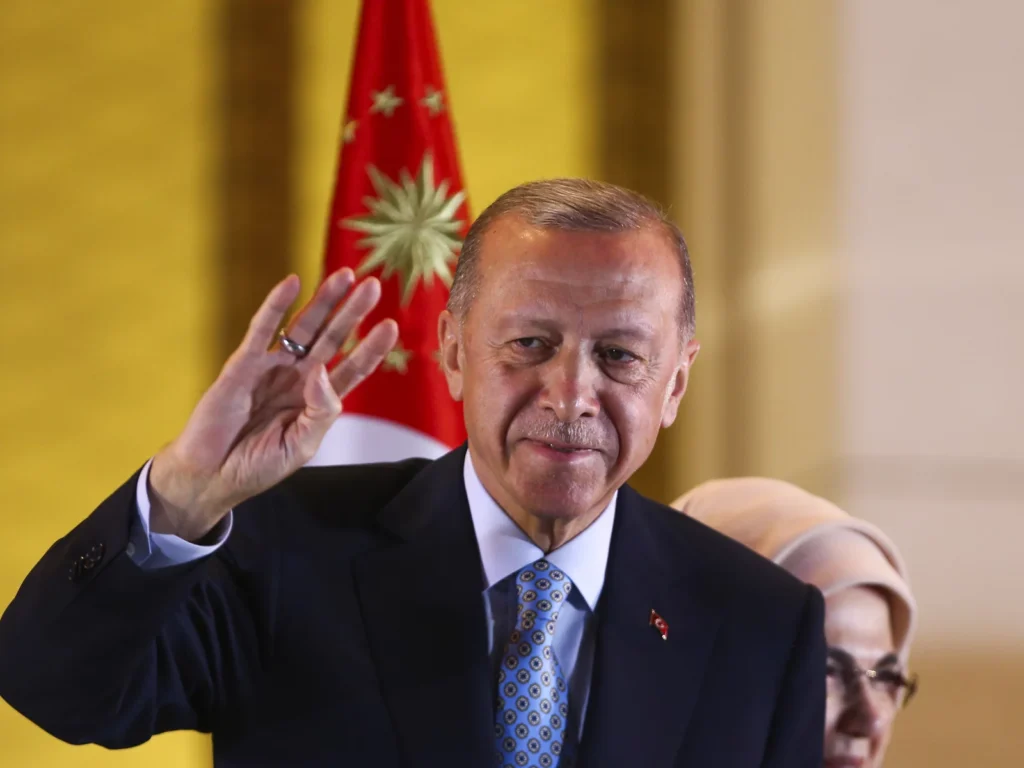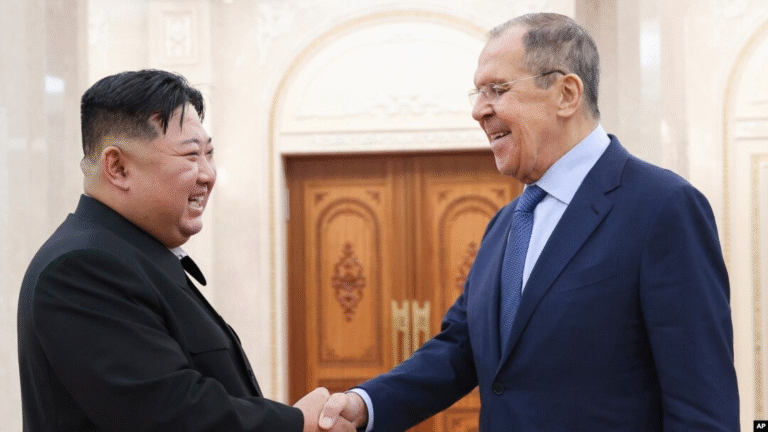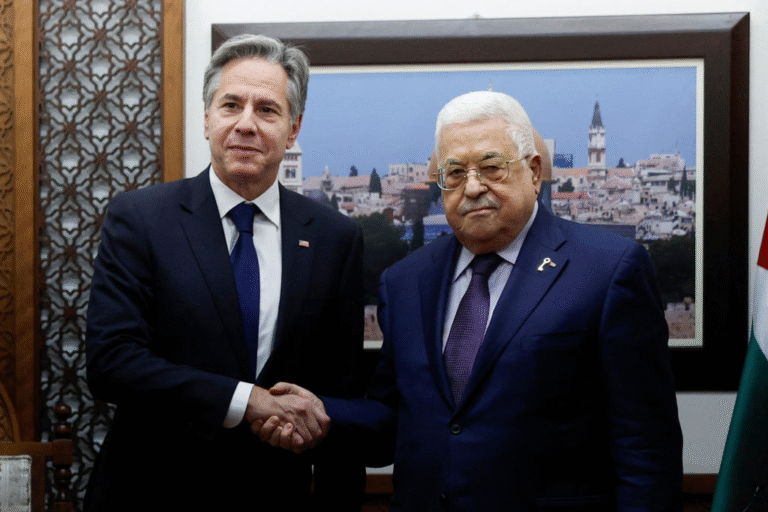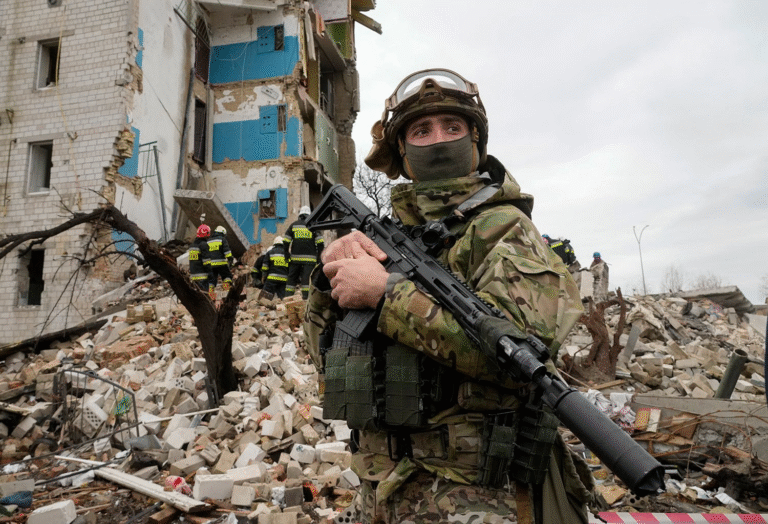
Recep Tayyip Erdogan celebrates win in the election. Photo credit: NPR
Mikayil Guluzade
The America-Eurasia Center
The International Security Program
https://www.eurasiacenter.org/
Türkiye had first-round parliamentary and presidential elections on May 14, 2023. It was one of the most competitive elections in Turkish history. Following a period of rampant inflation, a majority of the Turkish
people, especially the younger generation, were in favor of political change. Furthermore, a magnitude 7.8
earthquake struck southeastern Turkey on February 6, of 2023, unleashing severe destruction and mass casualties in the region. The lackluster response to the earthquake further called president Recep Tayyip Erdoğan’s capacity to lead into question. Kemal Kılıçdaroğlu, a primary presidential opposition candidate representing a political coalition of six opposition parties called the National Alliance, sought to capitalize on Erdoğan’s missteps. Sinan Oğan also entered the race as a third candidate as a part of the ATA Alliance, advocating for far-right policies. On May 14th, election results revealed a comfortable parliamentary win for Erdoğan’s Justice and Development Party (AKP). However, in the presidential race, Erdoğan finished slightly ahead of Kılıçdaroğlu, each with 49.52% and 44.88% of the vote, respectively. Oğan captured 5.17% of the vote, which proved significant in triggering a runoff as neither Kılıçdaroğlu nor Erdoğan had over 50% of the vote. As a result, second-round elections were scheduled for May 28, 2023.
Oğan carried significant responsibility following the May 14th elections, because his position in the run-
off elections could impact his 2.8 million voters’ decisions as well. Defying the expectations of some experts,
Sinan Oğan announced his support for Erdoğan, citing the need for unity and stability following AKP’s
significant parliamentary win. On May 28, 2023, with Erdogan’s lead coming into the runoff and Oğan’s support,
Erdoğan expectedly clinched reelection with 52.18% of the vote.
While some believe the results of the presidential election were legitimate and fair, others disagree. For instance, the European Union considers the 2023 presidential elections unfair. While President Erdoğan controlled 90% of the overall media resources in favor of his campaign, Kılıçdaroğlu’s campaign faced numerous roadblocks. Furthermore, Erdoğan’s campaign became known for spreading disinformation by using fake and altered videos against opposition candidates.
Following his victory, President Erdogan announced the 67th cabinet of Türkiye. The majority of ministers from
the former government were replaced, including the Minister of Foreign Affairs and Minister of Domestic
Affairs. How the new cabinet will work for the future development of Türkiye by addressing the pressing issues it faces is an interesting question that will become more apparent in the near future. So far, the problems of
constructing sufficient housing for earthquake victims and the rapid depreciation of the Turkish Lira (TL) continue to remain unresolved.
In April, while Erdogan used 32 hours of airtime of the state broadcaster, Kılıçdaroğlu got only 32 minutes. Additionally, Turkiye’s telecommunication agencies banned Kılıçdaroğlu from sending text messages to potential voters. However, ministers of Erdogan’s government were permitted to send a large amount of text messages on a daily basis, highlighting the double standard which Erdoğan’s government established to give him an unfair advantage. In light of this, it is questionable whether the recent elections can be considered competitive.
Nevertheless, a question remains: how can an underperforming leader like Erdoğan retain power despite being responsible for poor economic performance and a refugee crisis? As previously discussed, one can say that it is primarily a product of manipulated elections, which might be true. However, in Türkiye’s case, it might be a
result of populist appeal. That is not to say that election interference did not play a role in Erdoğan’s victory.
His populist appeal has arguably led the majority of voters to believe in the effectiveness of Erdoğan’s governance in front of these problems. Erdoğan’s success isn’t only attributable to appeal; people are in fear of both the domestic and external security threats posed against the nation . For nationalists, the most acute problem is the presence of Syrian refugees in the country. Syrian refugees with Turkish citizenship are considered a threat to Türkiye’s security by the nationalists and Kurds.
The impact of the earthquake itself are an additional source of anxiety for people. Such problems in the country require swift solutions, which for some seems possible only with Erdoğan. Therefore, voters with anxiety about the country’s problems tend to vote for the more authoritarian Erdoğan. Because authoritarian leaders can fix the issues and make changes faster as they have governance in their hands.
In Türkiye, debate on Erdoğan’s electoral legitimacy and discussions of alternative leaders are a thing of the past. The most critical issue right now is Türkiye’s uncertain future under the presidency of Erdogan. The new cabinet of Türkiye has many well-educated and experienced professionals. For instance, the new head of the Central Bank is the first female Central Bank head in Turkish history, with significant academic and professional experience in the United States. How the new cabinet will act to steer the country towards a brighter future remains to be seen in the years to come.



